Community Building: It's One Thing to GAIN New Users, but Can You RETAIN Them?
I've been involved in the "social Internet" since the early days of "message board communities" on AOL in the 1990's, and along the way I have seen and heard a lot, when it comes to the whole business of "Community Building."
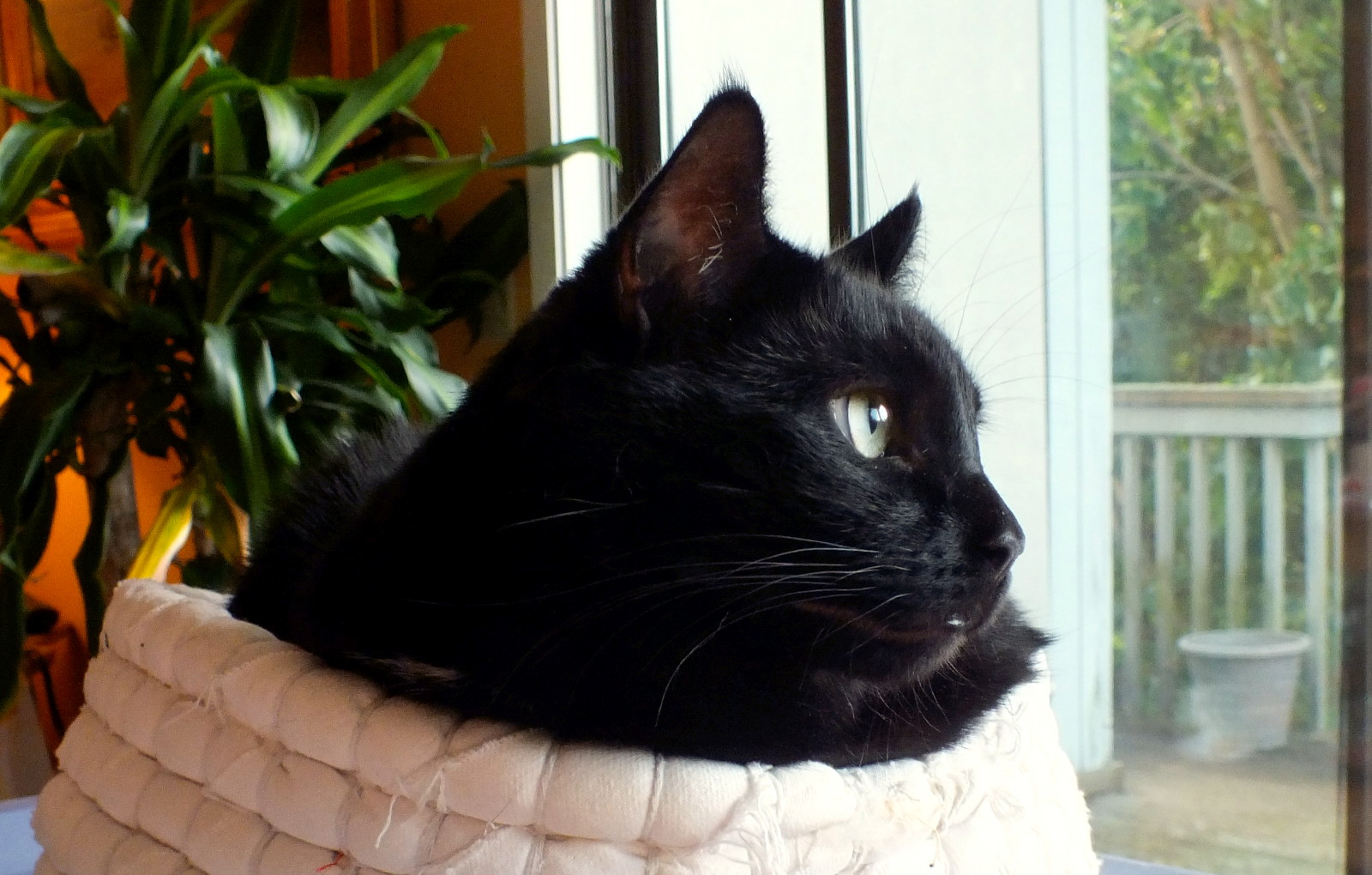
Whether you're involved in building Hive, or just an online gardening social club for your neighborhood, certain things virtually always seem to hold true.
One of the biggest can be found in the title of this post... and it is a challenge that always seems to present all sorts of difficulties for community builders.
It's one thing to get people interested in something, and then to persuade them to show up, but it's quite another to keep them active and interested in the community.
New communities (or rather, their leaders) are often misled by what we might call the "novelty factor." When something is new and cool and innovative, it's not that hard to talk a bunch of people into coming and joining the party.
But then what? Do you have what it takes to keep them?
"Marketing People"
Marketing people are great at getting people to show up and they tend to be all about showing how many people they can get to walk through the front door. They can do a really fine song-and-dance routine that's often very convincing... and a little bedazzling in the sense that we get all hyped up by the numbers and forget to ask the all-important question of whether or not the people who just showed up actually have any interest in ongoing participation.
Which is super important, when it comes to community building. A community isn't just a bunch of people who show up, it's a bunch of people who get together and decide to stay together and do something together.
And that also means they have to stay interested in what they are doing. "Marketing People" aren't so good at managing that part of the equation.
That's typically where community founders come face-to-face with the reality that community building is an ongoing relentless grind, not a one-time flash of brilliance.
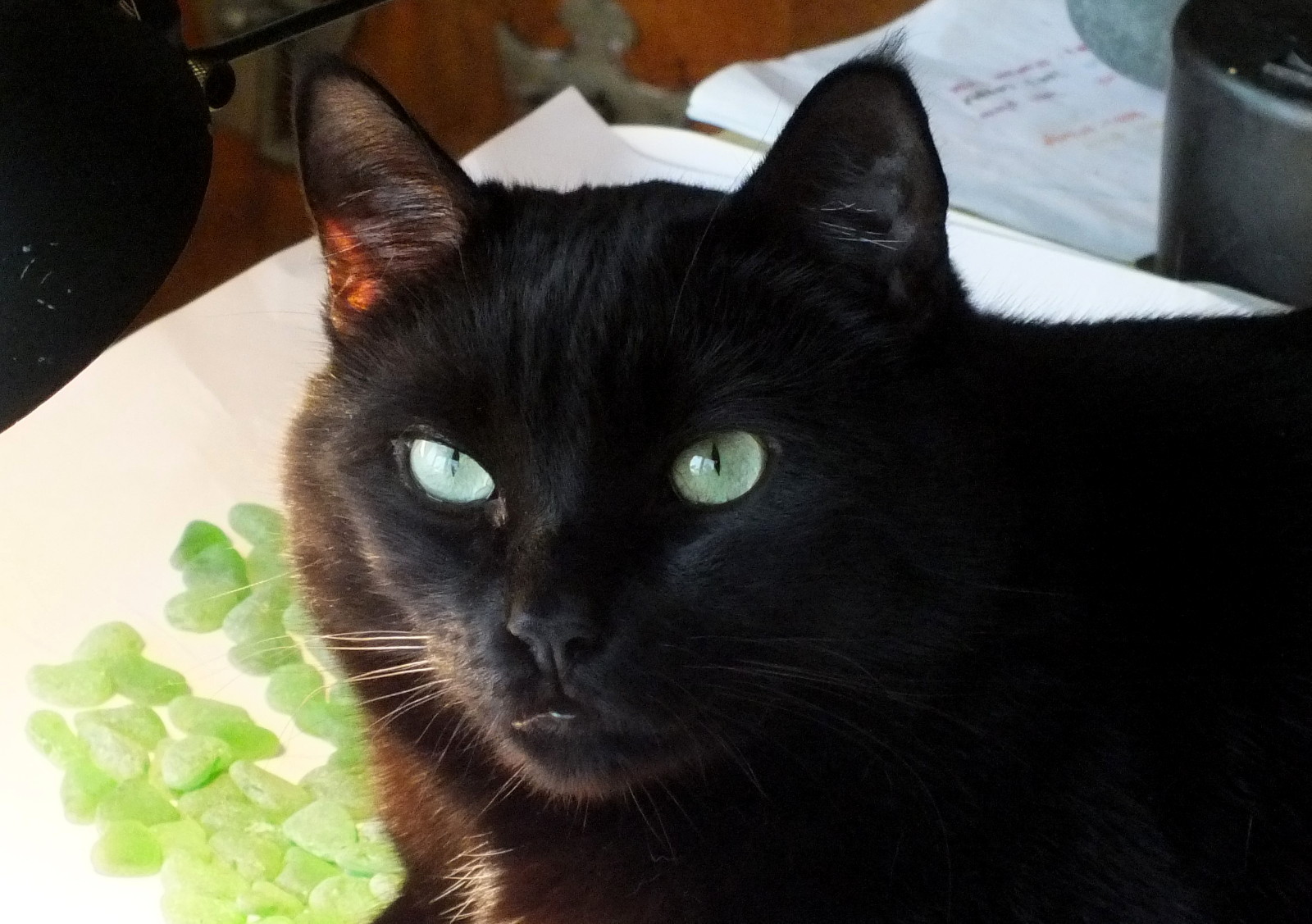
Community Builders
True "Community Builders" tend to be a breed apart, in the sense that they are deeply dedicated to their communities, and to the growth and survival of those communities. It's important to not that merely starting a community doesn't make someone a community builder!
Just take a gander at the many communities we have on Hive that may even have thousands of members, but still are more or less dormant. The idea was great, but nobody's driving the bus!
It's also important to note that Community Builders are not the same thing as "participants," who actually make up the vast majority the people you find in a community. Participants are also very important in the sense that they bring the "content" to most communities, and they are the ones you have to try to "keep interested" in the community.
If the "participants" start leaving, you usually end up with a little "echo chamber" of the core builders even while the overall project stagnates and withers away.
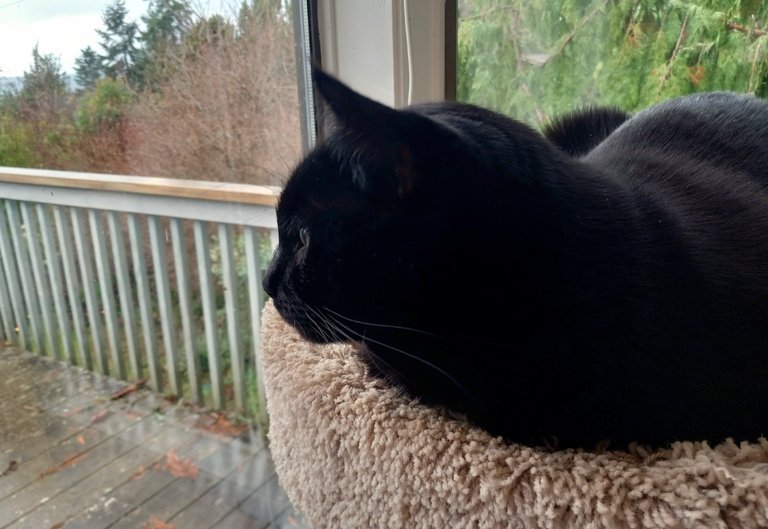
In my experience, it's only natural that the vast majority of new people end up doing only one thing: They create an account/profile, and then never do another thing. To be honest, they are unlikely to suddenly become active, no matter what persuasive methods you might employ to convince them.
At the Heart of Retention
The causes of long term retention is difficult to define exactly, but typically include some combination of a sense of belonging and feeling like what you're involved with is worthwhile.
Of course, those are very ambiguous things, especially "worthwhile."
In the context of Hive and her communities, it would be easy to default to the idea that "the rewards" are the answer to everything, but they are generally not, except to the extent that we define "rewards" in terms of meeting someone's expectations.
Consider one person who expected to make absolutely nothing in the monetary sense, and thus is thrilled with a $2.00 post, and a different person who came here because they'd heard of people "making a lot of money with blog posts" and who'd be bitterly disappointed with $2.00.
They had the same experience, but one is happy and the other unhappy.
So, at the heart of retention is really the ability to meet expectations.
And so, we get to the issue of ongoing communication and being able to impart a sense that what people are participating in is worthwhile, for a variety of reasons.
The most successful and active communities I have been part of have all been constantly in a state of development where there were always contests, or community challenges, and — ultimately — a wide variety of ongoing gamification functions in place.
Noteworthy here, is that fact that these communities were following through every day, even when there were only a few dozen ears "listening," and it seemed like things were going very slowly.
Often, it is patience and perseverance that are the most important in a community builder's tool chest!
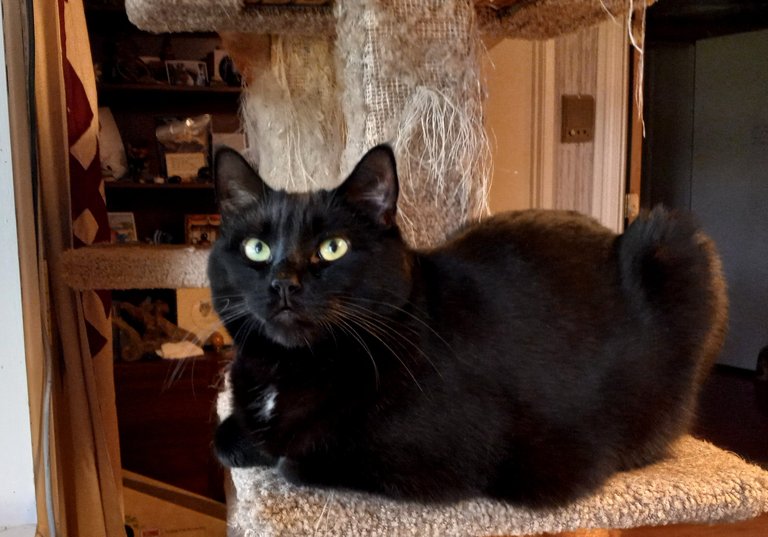
I was prompted to write this as I consider the path forward for my own tiny Hive Cats Community here on Hive... and how to approach growing it further, as it approaches 250 subscribers.
It is definitely a labor of love and patience!
Thanks for visiting!
=^..^=
Posted using Proof of Brain

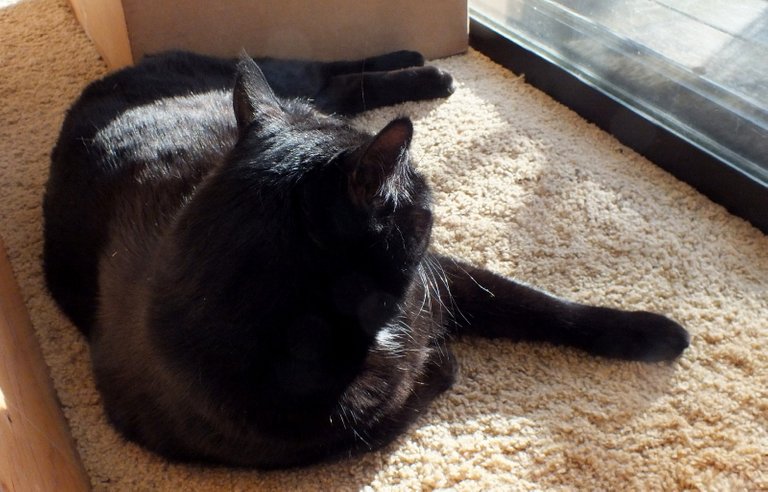
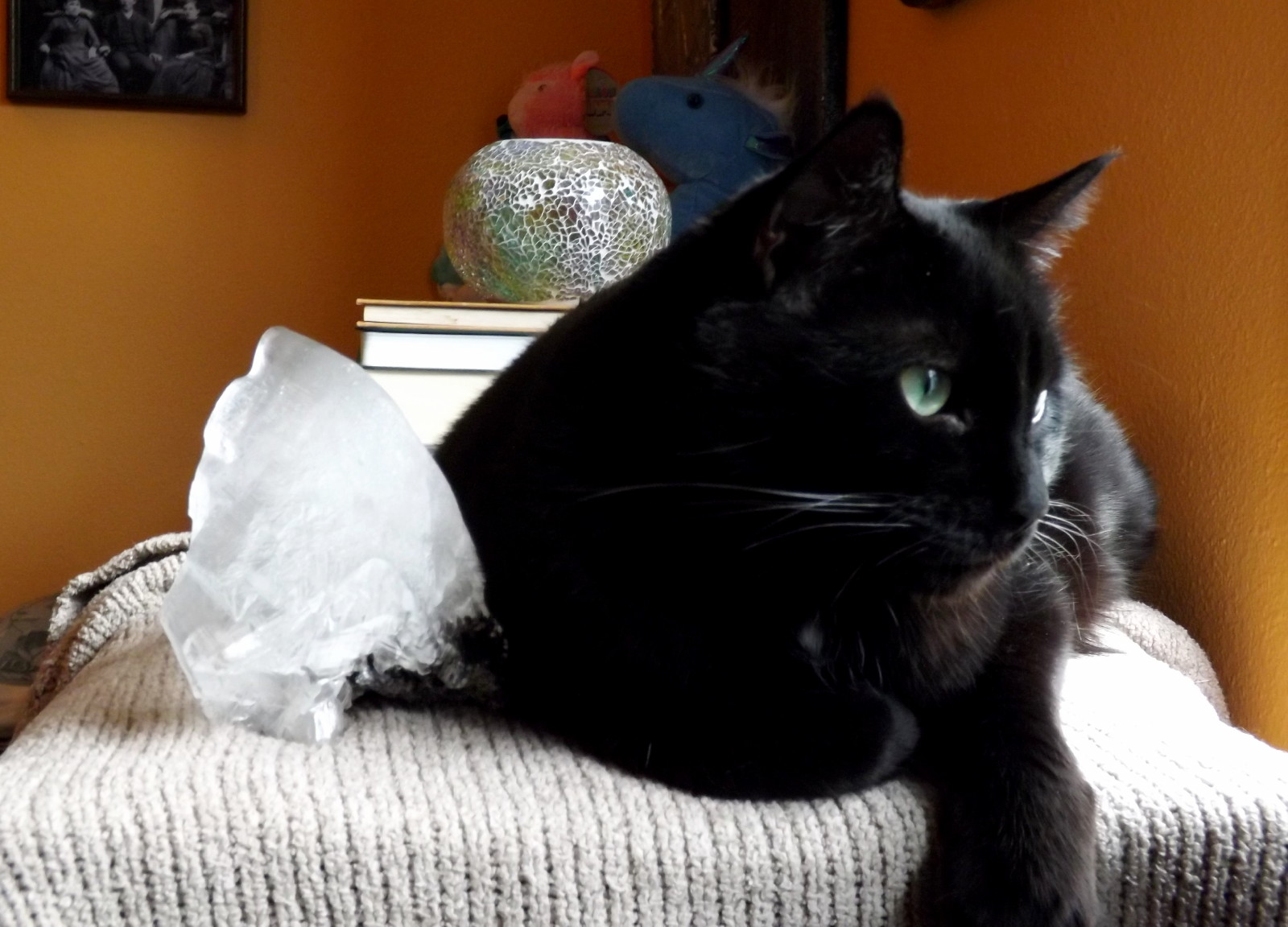
Part of the reason is that they're scaring people away. It reminds me of the time I was in an AOL finance chatroom discussing investing when I was new to the net. I was talking with somebody about how surprised I'd been to learn that a person could make money even when a stock went down in price.
Right on cue, a young teem "mod" showed up and repeatedly threatend to ban me for spreading financial "misinformation." Why everyone knew there was no way to profit from a decline in a stocks price, right? Next thing you know I was booted due to the ignorance of this person.
The entire chatroom erupted in my defense, and I watched as they schooled the teen in shorting a stock, turns out she'd never heard of it, yet someone had put her in charge of a finance chat. The people she kicked out never came back. She had been in the throes of hall monitor syndrome, and had "tossed" plenty of people throughout her reign as the Grand Poobah of the chatroom. This kind of uneducated killjoy will destroy a community.
When the rules list is a mile long and you allow power-hungry nutjobs to hold sway over new members, don't be surprised when retention becomes a problem. Psychopaths and people with "Little Man Syndrome" should never be empowered to run roughshod over your community members. Fix that or it will die. The less friction for members, the better.
Posted Using LeoFinance Beta
That's one of the reasons why I never could get into using Reddit for anything... too much petty politics among subredditors who seemed to have aspirations of becoming the Grand Poohbah of their own personalized echo chambers.
On the various occasions where I found myself in the role of sysop or admin, I tended to go by the idea that it was best to just let people be people with opinions, and only really intervene when "discussion" collapsed into personal attacks and mudslinging.
=^..^=
I agree with everything you said here, but for some more expectation management: it's no problem when communities don't last forever. In crypto, I had some of my most memorable experiences with altcoins that never caught on and disappeared in a few months.
I would agree that it is no problem, as long you don't hang your hopes on the idea that something is going to be long term. However, those who set out with an ambition to "become the definitive blah-blah-blah" in a market niche and then quite after a few months... I find a little more problematic.
=^..^=